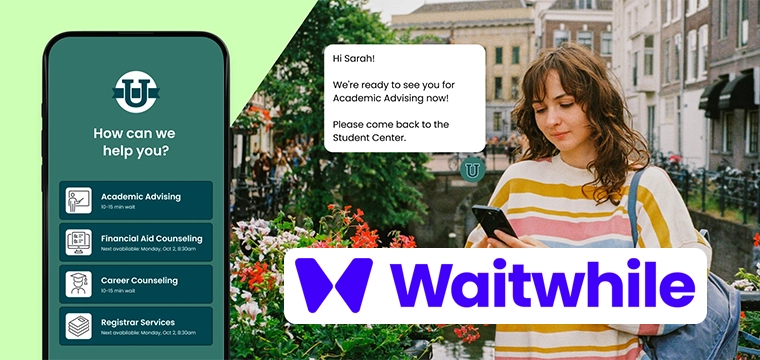
Wall Street Journal explores how companies are keeping non-students from lucrative student discounts
In the Wall Street Journal’s Money Briefing, campus cards and student discounts were front and center. The podcast titled, Companies Are Cracking Down on College Discounts for Non-Students, explored how possession of a student ID is no longer sufficient to get high value discounts from many national merchants.
Beyond local campus merchants, there are some pretty valuable discounts available to students, and many still try to get the discount after they graduate. But companies are working to make the process more difficult.
Apple, Amazon Prime, and Spotify all offer substantial discounts for streaming subscriptions. Students pay just $5.99 per month – about 70% off – for Apple Music and Apple TV plus. Apple also offers “educational pricing” on computers and hardware. Amazon Prime is about half-price for students.
ShareID taps into more than 200,000 data sources including university registers verify if someone is actually a student or not. At times they even make use of facial recognition.
The reason companies offer the discounts is simple. They want to create customers for life.
According to WSJ Reporter Mengqi Sun, stats show that streaming services can retain more than 90% of student customers even after they graduate and have to pay full price.
But how do they stop those trying to game the system and not pay full price?
In the past, showing a student ID card or proving possession of a college email address was all you needed to get the discounts. But many campus cards don't have expiration dates, and institutions are making campus email addresses evergreen to facilitate a long-term connection to the institution.
So retailers are demanding more.
One example of how they are doing this is through an identity verification service called ShareID.
“(ShareID) taps into more than 200,000 data sources including university registers and other kinds of verification data to verify if someone is actually a student or not,” says Sun. “And sometimes a brand might require someone to submit using facial recognition or IP address to verify their identity.”
There are many other identity verification companies vying for this business, and it seems the trend toward stronger authentication is here to stay. It looks like the days of flashing a campus card or signing up for a service using a campus email address are numbered.
LISTEN IN AT WSJ.COM




